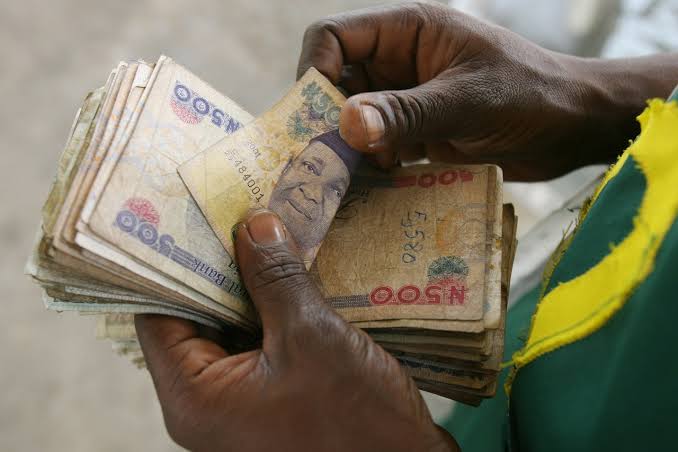Now Reading:
Cash Transfer: More Than 32,000 Delta Residents Gain from National Social Safety Net Scheme
-
01
Cash Transfer: More Than 32,000 Delta Residents Gain from National Social Safety Net Scheme

Cash Transfer: More Than 32,000 Delta Residents Gain from National Social Safety Net Scheme
The National Social Safety Net Program in Delta State has successfully supported over 32,000 beneficiaries through the cash transfer program implemented by the State Cash Transfer Unit (SCTU) and State Operations Coordinating Units (SOCU).
The State Commissioner for Humanitarian Affairs, Community Support Services and Girl Child Development, Ms. Orode Meyiwa Uduaghan, disclosed this at a stakeholders’ engagement meeting on the National Social Safety Net Program Scale-Up (NASSP_SU) held in Asaba on Wednesday.
From implementation feedback, the commissioner said, “The cash transfer program is more than just a financial intervention. It is a bread of hope that is designed to give poor and vulnerable households across Delta State and Nigeria a chance to meet basic needs.
“Today’s engagement will help us enhance coordination between federal, states, and local government structures, as well as with our development partners and representatives, of which some of you are here in this hall today.”
The Coordinator of the State Operations Coordinating Unit (SOCU), charged with the responsibility of producing the social register in the state, Mr. Alfred Ebreneyin, said 287,810 poor and vulnerable households have been captured in the social register, while about 85,000 of them were successfully updated in the state.
According to him, the figure was obtained from 1,348 communities across the 25 local government areas, out of which 977 communities were updated.
The coordinator said as part of the audit, SOCU had to introduce the use of the National Identity Number (NIN) for the registration of the vulnerable, adding that of the 102,334 NINs harvested, about 25,000 have been validated so far.
The action, he explained, is to ensure that those captured in the social register are Nigerians, irrespective of where they live.
Also speaking at the occasion, the State Commissioner for Economic Planning, Hon. Sunny Ekedaye, lamented the rising poverty level in the country as a result of a combination of economic activities, policies, and insecurity.
He acknowledged that apart from the cash transfer, the state government has also reached out to the poor and vulnerable through other interventionist measures to enable them to become economically independent and stable.
He said all the efforts cannot be meaningful without having accurate data of the poor in the state.
“I mean data. We must have data to know how many persons are in that stratum of economic wrong. And we also need this data to be able to project. I mean to say, okay, we are here at this point, probably in the next one or two years, the number might increase to so-so and so, or decrease depending on how effective our interventions are.
“So without a proper and reliable social register, interventions become very, very difficult. I am happy to say here that in the course of the last 18 months, we have had cause to update, upgrade, and expand our social register at least three or four times.”
The State Program Manager of the State Cash Office, Mrs. Modupe Ashorode, had earlier taken the stakeholders through the journey of the National Social Safety Net Program Scale-Up (NASSP_SU) since 2016, in which beneficiaries’ allowances, among other categories, were scaled up from N5,000 to N25,000 for three months.
The objectives of the meeting included cascading key outcomes to arrive at strategies and best practices on how to further implement the program, deepen understanding of the program, and strengthen stakeholders’ collaboration, among others.
Source: Tribune












